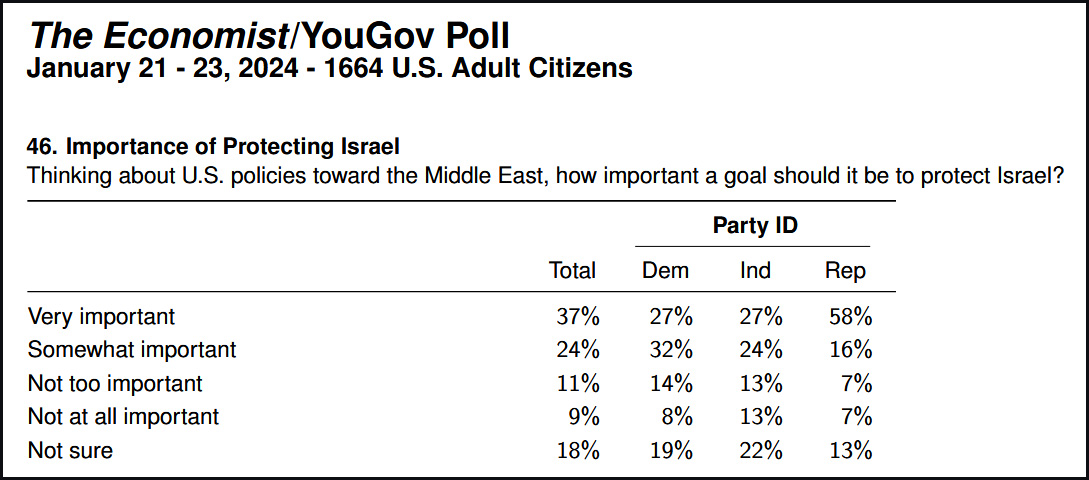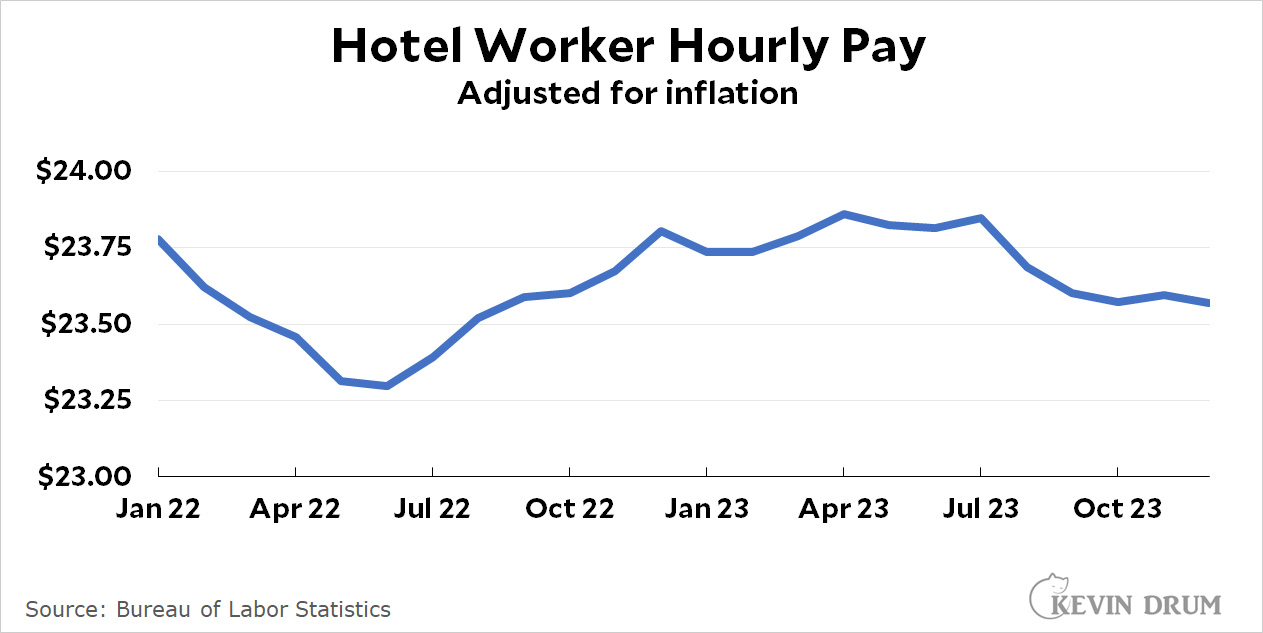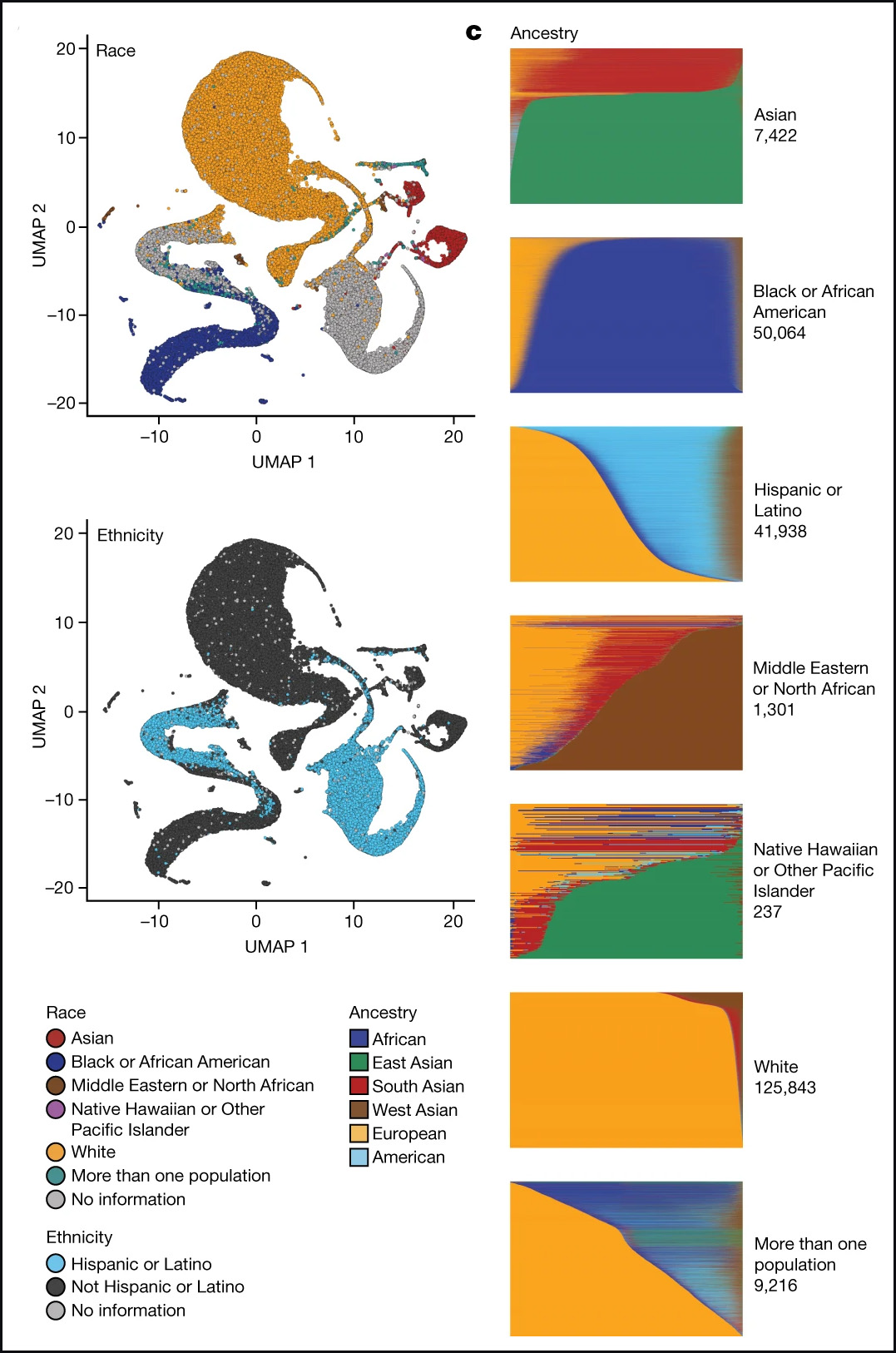Over at Mother Jones, Noah Lanard comments on the 13% "uncommitted" vote in yesterday's Michigan Democratic primary:
The results in Michigan are another sign the president’s team underestimated the level of outrage that its war response would provoke. The New York Times’ Peter Baker reported Tuesday that the president’s advisers had been hoping the war would end in early January—and that they thought Arab Americans and people on the left would calm down as they saw Gaza being rebuilt over the summer. This, like so many of their predictions about the war and their ability to shape its direction, is proving to be wishful thinking.
As near as I can tell, Biden's pro-Israel stance is based on conviction, not political calculation. However, if we're judging the politics anyway it's not enough to merely point out that some people don't like Biden's Gaza policy. You have to compare this with the likely impact of following the opposite policy.
It's stating the obvious to say that Biden would have detractors no matter which side of the Gaza conflict he took. It's stating only the slightly less obvious to say that a pro-Palestinian policy would lose him more votes than his current stand.
There's no question that Democratic sympathies have shifted. According to YouGov, Dems have gone from 27%-20% pro-Israel in October to 25%-20% pro-Palestinian now. Nevertheless, even among Democrats, a large majority still think it's important to protect Israel:
 Protecting Israel is favored by nearly 3:1 over not caring much.
Protecting Israel is favored by nearly 3:1 over not caring much.
The simple truth is that Biden would lose some votes no matter what he did, and I find it unlikely that he underestimated much of anything. Disputes over Israel are about as well understood as anything in American politics. In fact, the only surprising thing has nothing to do with Biden: namely that Donald Trump has managed to stay so quiet on the subject and Republicans have managed to block military aid to Israel without much blowback. But this won't stay the case forever.




